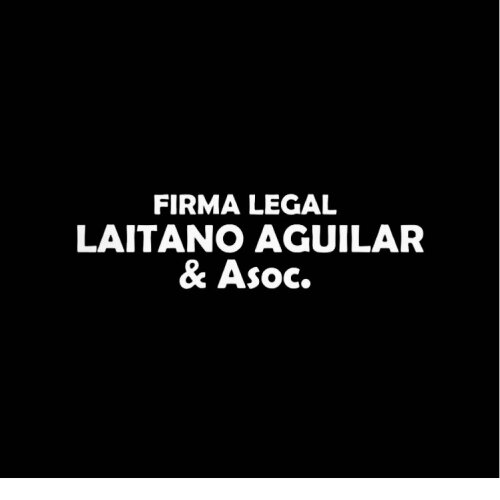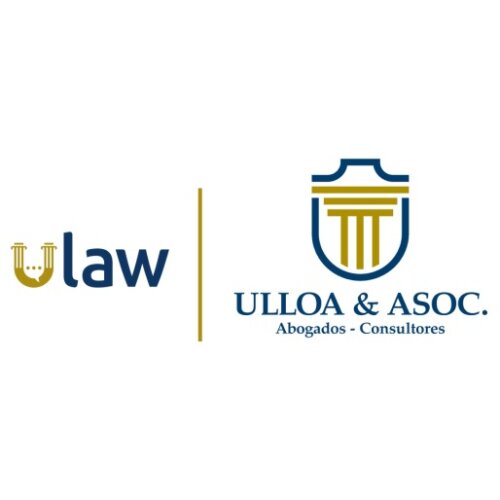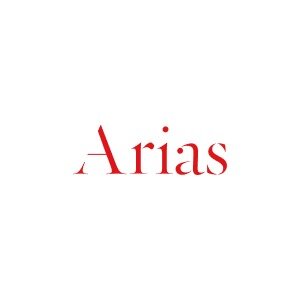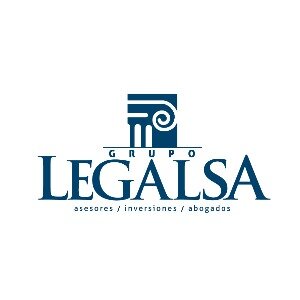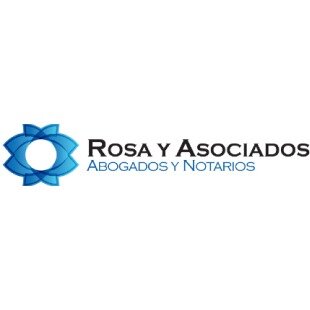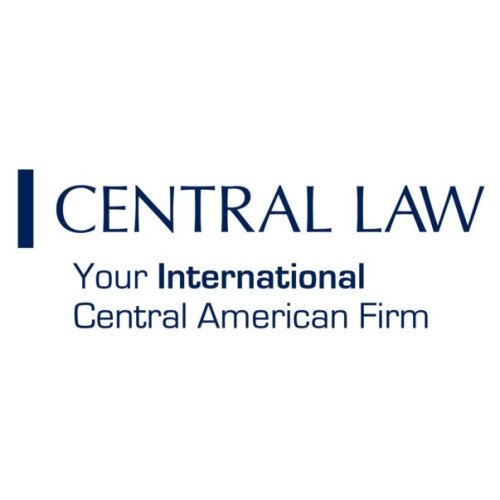Best Water Law Lawyers in Honduras
Share your needs with us, get contacted by law firms.
Free. Takes 2 min.
Or refine your search by selecting a city:
List of the best lawyers in Honduras
About Water Law in Honduras
Water law in Honduras governs the use, management, protection, and distribution of water resources across the country. These laws are designed to regulate access to both surface water and groundwater, ensuring fair allocation for agricultural, industrial, domestic, and ecological needs. Honduras recognizes the importance of water as a public good essential for life, which makes water law a vital area for sustainable development and environmental protection. Various statutes, decrees, and regulations-often evolving with national priorities-set out the rights and obligations for water use.
Why You May Need a Lawyer
People may need a lawyer specializing in water law for a variety of reasons. Common situations include disputes over water rights or access, contamination of water sources, compliance with regulations for water extraction or use, negotiation of water usage contracts, and representation in administrative or judicial proceedings regarding permits and licenses. Legal assistance is also crucial when dealing with land development projects, agricultural activities, or construction, as these often intersect with water use regulations. Industrial entities and municipalities may also need guidance in implementing water treatment systems or responding to allegations of water pollution.
Local Laws Overview
Honduras has a complex framework relating to water law, with several key aspects:
- National Water Authority (Autoridad Nacional del Agua): This entity is responsible for overseeing water resources, including granting usage rights, setting policies, and enforcing regulations.
- Water as a Public Good: All water resources are considered public property, and private rights are derived from permits or concessions granted by the state.
- Permitting System: Major use of surface or underground water requires formal authorization, either through licenses or permits, particularly for industrial, agricultural, or urban developments.
- Protection of Water Sources: There are specific laws for protecting watershed areas, rivers, wells, and aquifers, as well as legal obligations to prevent water pollution.
- Distribution and Access: Laws emphasize equitable access and prioritize uses such as human consumption, food production, and ecosystem preservation.
- Sanctions: Unauthorized extraction, contamination of water bodies, or violations of permit terms can result in administrative, civil, or criminal penalties.
Frequently Asked Questions
What is considered a water resource under Honduran law?
Honduran law classifies all rivers, streams, lakes, underground water, springs, wetlands, and even rainwater as water resources subject to regulation and protection by the state.
Who owns water resources in Honduras?
All water resources are public goods owned by the Honduran state, regardless of where they are located. Individuals and organizations can only use water through specific rights or permits.
Do I need a permit to use water for agriculture or industry?
Yes. Any extraction of surface or underground water for non-domestic use, including agriculture and industrial activity, generally requires a permit from the National Water Authority or related governmental bodies.
How are water rights granted in Honduras?
Water rights are granted through permits, concessions, or licenses issued by relevant authorities. These specify how much water can be used, for what purpose, and under what conditions.
What are the consequences of using water without a permit?
Unauthorized use of water resources can result in fines, suspension of activities, seizure of equipment, and even criminal prosecution in cases of environmental harm.
How does the law protect water sources from pollution?
Honduran law prohibits dumping pollutants or waste into water bodies and sets out specific requirements for waste treatment. Violators can face administrative and criminal penalties.
Can water rights be transferred or inherited?
Water rights are generally not fully transferable or inheritable, as they are tied to permits granted by the state. Any change in use or user typically requires government approval.
What should I do if my water source is being contaminated?
You should contact the relevant environmental authorities, such as the Secretariat of Natural Resources and Environment. Legal action can be pursued with the help of a qualified water law attorney.
Are there special laws protecting indigenous or rural community water rights?
Yes. Certain laws recognize the traditional rights of indigenous and rural communities, prioritizing their access to clean water. Legal support is often needed to defend or clarify these rights.
How can I resolve a dispute over water use with a neighbor or another user?
Disputes can be resolved through negotiation, mediation, or legal proceedings. A specialized water law lawyer can help defend your interests and seek a fair solution under the law.
Additional Resources
For further information or assistance, consider these resources:
- The National Water Authority (Autoridad Nacional del Agua) - the main governmental body overseeing water resources management and permits.
- The Secretariat of Natural Resources and Environment (Secretaría de Recursos Naturales y Ambiente) - responsible for environmental protection and water quality.
- Municipal Offices - often manage local water distribution and can provide information on community-level issues.
- Civil society organizations focused on environmental and water rights, which can offer community support and legal advocacy.
Next Steps
If you need legal assistance in the field of water law in Honduras, start by gathering all relevant information, such as documents related to your water use, permits, or conflicts. Identify the specific issue you are facing, whether it is related to permits, pollution, access, or disputes. Then, consult with a lawyer who specializes in water law or environmental law. You may contact professional legal associations, government legal aid services, or non-governmental organizations for recommendations. Early legal advice can help you understand your rights, comply with regulations, and avoid greater legal risks down the line. Remember that acting promptly is key when dealing with legal matters related to water resources.
Lawzana helps you find the best lawyers and law firms in Honduras through a curated and pre-screened list of qualified legal professionals. Our platform offers rankings and detailed profiles of attorneys and law firms, allowing you to compare based on practice areas, including Water Law, experience, and client feedback.
Each profile includes a description of the firm's areas of practice, client reviews, team members and partners, year of establishment, spoken languages, office locations, contact information, social media presence, and any published articles or resources. Most firms on our platform speak English and are experienced in both local and international legal matters.
Get a quote from top-rated law firms in Honduras — quickly, securely, and without unnecessary hassle.
Disclaimer:
The information provided on this page is for general informational purposes only and does not constitute legal advice. While we strive to ensure the accuracy and relevance of the content, legal information may change over time, and interpretations of the law can vary. You should always consult with a qualified legal professional for advice specific to your situation.
We disclaim all liability for actions taken or not taken based on the content of this page. If you believe any information is incorrect or outdated, please contact us, and we will review and update it where appropriate.
Browse water law law firms by city in Honduras
Refine your search by selecting a city.



